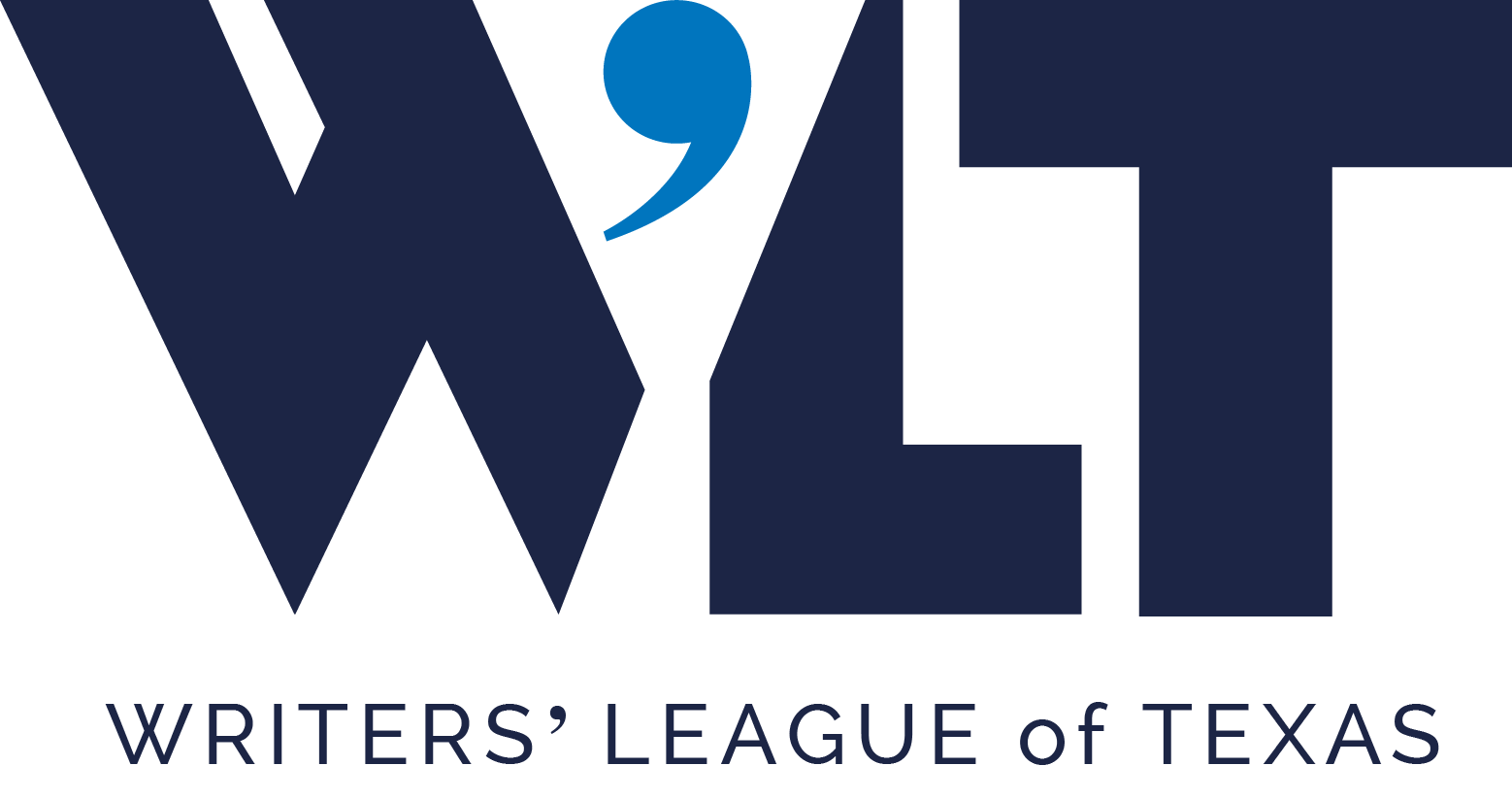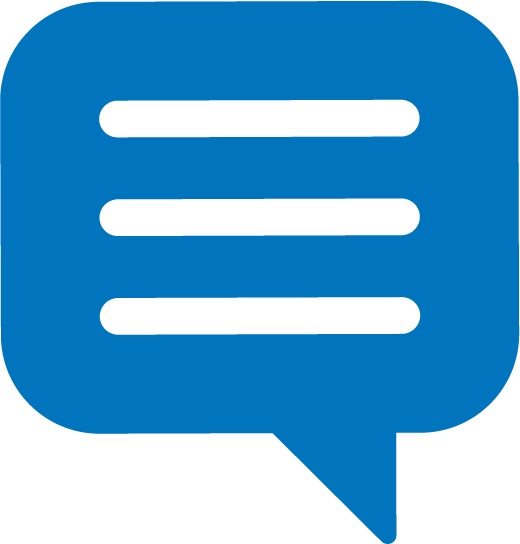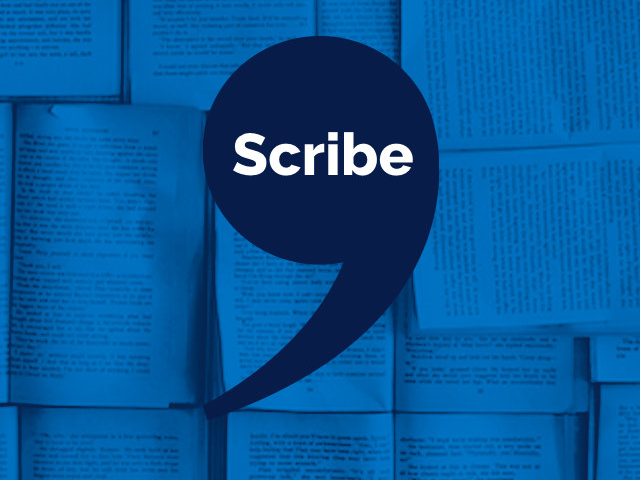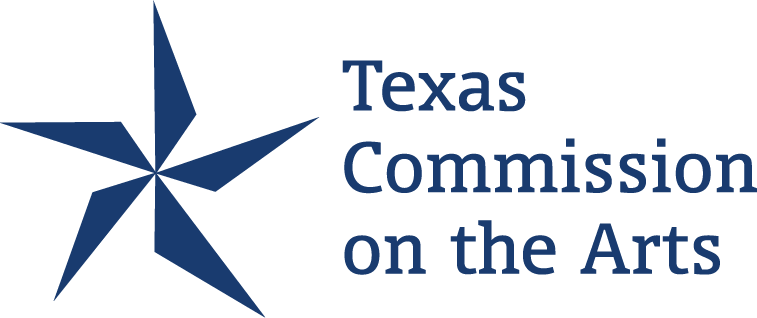 Guest Post by Shennandoah Diaz
Guest Post by Shennandoah Diaz
It’s great–writers finally have options when it comes to getting their book published. No longer do you have to wait months, even years to be discovered. With a click of a button you could send your book out into the world, but is that such a good thing? Yes, there are options, but not all of them are good and not all will yield the results you desire. There isn’t one perfect publishing option either. All of them come with benefits and pitfalls; the trick is weighing the options carefully against your goals as a writer and finding the one that best fits your needs.
To help you with that decision, here is a quick introduction to the options available — but I also urge you to do your diligent duty and research each one thoroughly before signing on the dotted line.
Traditional Publishing
The first option, and the one most familiar to writers, is traditional publishing. Under this model, the author first secures an agent, who then tries to find a home for the author’s book at one of the major houses commonly referred to as the “Big Six.”
Under this model the author receives an advance and royalties, with the agent taking a commission (usually 15 percent) off the top. Traditional houses thoroughly vet every title, so readers and retailers alike know that the book has been put through its paces and has met certain standards for quality. This is important for those who want national distribution in retail stores, especially with chains like Barnes & Noble.
On the downside, traditional houses are paying smaller advances and putting less marketing support behind authors. Few authors ever earn back their advances, much less start earning royalties. Also, the competition is fierce. It’s a struggle to get a publishing deal and an even bigger struggle to sell-through your first print run (which is a key factor in getting a second book deal).
Still, traditional publishing is a great option for writers who don’t have the funds to produce their own book and for those writing in such competitive markets as fiction and children’s.
Self-Publishing
The next option and one getting a great deal of press is self-publishing. In self-publishing, any one willing to pay can get their book published. Many entrepreneurial minded authors have found success with this route, especially if they have a strong fan base to tap into. New technologies have made it easier than ever to get a book out into the public domain.
The author makes a sizable investment in both time and money, assuming the risk on the front-end in return for higher returns. On the downside, since anyone can publish this way, self-published books often have the stigma of poor quality, both in terms of content and design, making it extremely difficult to get them into bookstores and to get media coverage (not that it hasn’t been done).
Also, because its difficult to sell these books, authors rarely make back their initial investment. With that in mind, self-publishing is a good option for entrepreneurial-oriented authors and those with niche titles that don’t require retail distribution.
Independent Publishing
Another option rising to fill the gap between traditional and self-publishing is independent publishing. This is a blanket term referring to small houses and other nontraditional presses that help writers publish their books.
The business models under the indie term vary greatly, from those who “pay to play” to small houses that offer a larger piece of the pie on the back-end in lieu of advances. Independent presses have a solid and growing reputation for quality, distribution, and for producing and promoting specific genres or niches. Indie presses are extremely passionate about their genre of choice and often have a built-in relationship with their core market. Indie presses are a great option for authors who want the freedom and control of self-publishing along with the credibility and distribution power of traditional publishing.
Of course, not all indie presses are created equal, so make sure they offer terms and services that meet your needs. For example, some only have digital and print-on-demand, which is not the best option for authors interested in seeing their book in a bookstore.
Again, I can’t stress enough how important it is to do your homework. The wrong move can hurt your book’s sales potential or worse, tie up your publishing rights and cost you a great deal of money.
You can find more information on publishing options through Writer’s Digest, Independent Book Publishers of America, and “What Are My Publishing Options,” an-depth white paper on publishing options from Austin-based Greenleaf Book Group.
Shennandoah Diaz is the President and Master of Mayhem at Brass Knuckles Media, an uncensored multimedia PR and Marketing firm catering to entrepreneurial artists and creative entrepreneurs. Diaz actively works to educate and empower creative types, giving artists and entrepreneurs the brass knuckles attitude and know-how they need to compete with the big boys.









